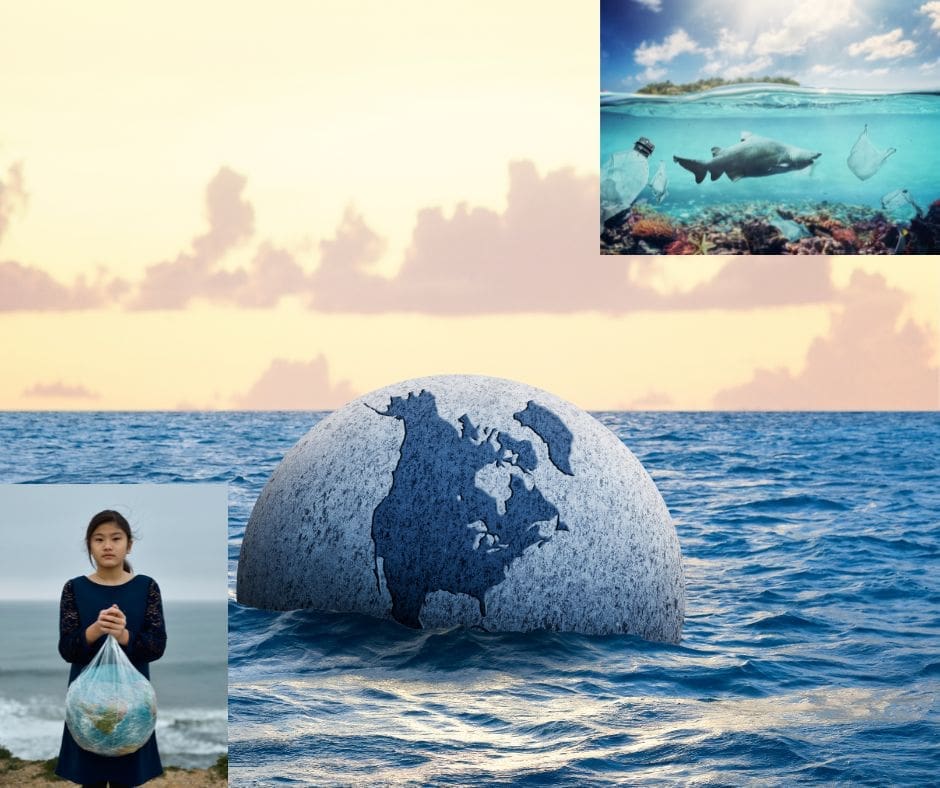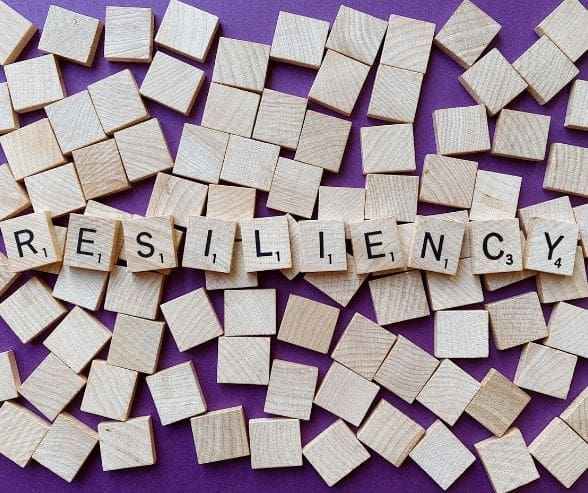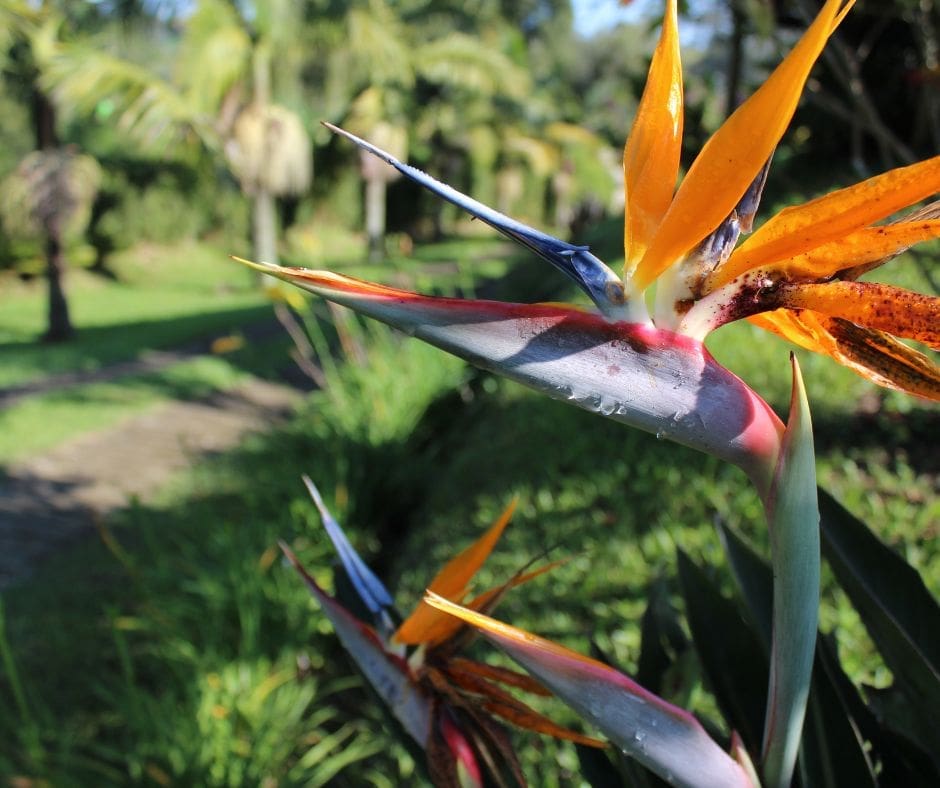
Waves of Change: How Protecting Our Oceans Secures Humanity’s Future
The oceans encompass over 70% of the Earth’s surface, forming a vast, undulating world that is as crucial to our existence as the air we breathe. These bodies of water are not just magnificent expanses that inspire awe and wonder; they are the lifeblood of our planet, regulating temperature, providing food, and generating the majority of the oxygen we inhale. This profound connection between the oceans and human survival has been echoed by environmental champions like Captain Paul Watson, who famously declared, “If the oceans die, we die.” This stark proclamation underscores the existential threat that the degradation of our marine environments poses to human life.
Captain Paul Watson, through his endeavors with the Captain Paul Watson Foundation Worldwide, has dedicated his life to the preservation of these aquatic ecosystems. His mission goes beyond mere advocacy; it is a crusade against the human activities that threaten the very essence of our oceans. From the relentless pursuit of marine creatures to the unsustainable extraction of ocean resources, the activities spotlighted by Watson and his foundation illustrate a disturbing disregard for the ecological balance critical to our survival.
The Captain Paul Watson Foundation Worldwide stands as a bastion of hope and action in the face of global indifference. The foundation’s efforts span multiple fronts, from direct action campaigns disrupting illegal fishing operations to educational programs that aim to foster a deeper appreciation and understanding of marine life. The plight of majestic creatures like whales, which have been hunted to the brink of extinction, and the phenomenon of overfishing that depletes fish stocks faster than they can replenish, are central to their campaigns. These initiatives highlight the unsustainable practices that can lead to ecological collapse.
Watson’s message is clear: our connection to the oceans is not merely emotional or aesthetic; it is intrinsic to our biological survival. The oceans stabilize the climate by absorbing carbon dioxide, regulating temperatures, and supporting biodiversity that is unparalleled on land. The complex food webs within them are not just fascinating subjects of study but are also critical for the global food supply. By protecting the oceans, we safeguard the primary source of protein for over a billion people worldwide.
As readers immerse themselves in the ‘Life Under the Sea’ section of Howler’s July 2024 edition, they are invited to traverse beneath the ocean’s surface, exploring the intricate and often unseen relationships that exist in marine environments. This section does more than showcase the beauty of the underwater world; it serves as a vivid reminder of the fragility and resilience of life beneath the waves. Each story and photograph is a portal to understanding the complex dynamics that govern these ecosystems and the urgent need to protect them.
To truly love the oceans is to engage in their conservation actively. This means supporting policies that protect marine areas, reduce pollution, and manage fisheries sustainably. It involves personal choices too, like minimizing plastic use, choosing sustainable seafood, and spreading awareness about the issues facing our seas. Our collective actions, inspired by leaders like Captain Paul Watson, can lead to impactful change.
The call to protect our oceans is not just a plea for environmental conservation but a call for self-preservation. The oceans’ health directly influences our health and the survival of future generations. Let the inspiring stories in Howler Magazine catalyze action. Let us channel our admiration for the sea into a concerted effort to respect and restore it. As we turn each page, may we be reminded of our role as stewards of the blue planet, compelled not just by fear of loss but motivated by the love of the living world beneath the waves.




